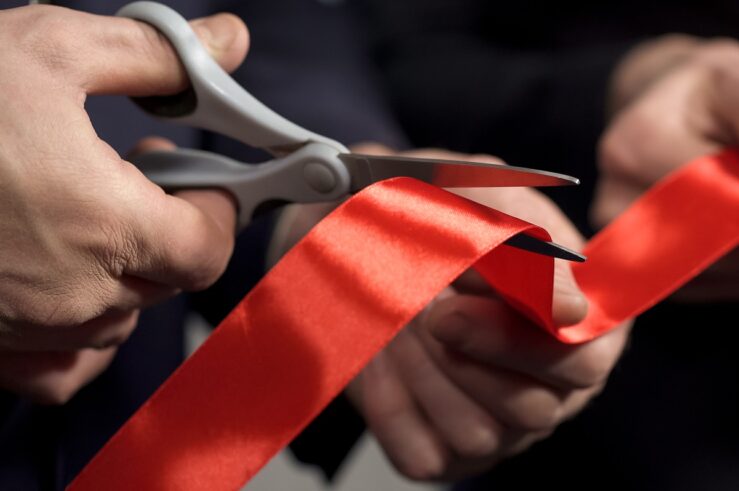Judge Posner’s decision to appoint a expert in the patent dispute before him in the Seventh Circuit between Apple and Motorola has received some attention. ABA Journal
Though Posner is an appeals judge with the Chicago-based 7th U.S. Circuit Court of Appeals, he likes to volunteer for trials, the Chicago Tribune reports. In a speech at the 7th Circuit Bar Association on Monday, Posner said the court-appointed experts could explain unclear scientific terms to jurors in the case.
“The idea of expert witness who are not beholden to the parties who can provide information to judges and juries on technical issues, I think is a terrific opportunity worth exploring,” Posner said.
In a March 10 court order (PDF), Posner endorsed another idea—a special blue-ribbon jury—to help decipher difficult patent claims in the case, the Patent Lawyer Blog has reported. Posner told lawyers he wanted the claim constructions to be “in ordinary English intelligible to persons having no scientific or technical background” since lay jurors would be deciding the case.
“There is no point in giving jurors stuff they won’t understand,” he wrote. “The jury (actual juries) will not consist of patent lawyers and computer scientists or engineers unless the parties stipulate to a ‘blue ribbon’ jury; I would welcome their doing so but am not optimistic.”
This is not a surprise. Judge Posner has long advocated the use of court-appointed experts in his writing. I suspect this move — a judge appointing an expert for the purpose of claim construction in a patent case — is not too unusual, but is receiving quite a bit of attention both because it is Judge Posner and because it is a high profile patent case. John Wiley (my antitrust law professor) has an excellent article on the use of court appointed experts and other strategies for “taming scary patent cases.”
But this got me thinking about how relatively rare court appointment in antitrust cases is. There are a handful of of anecdotal examples to be sure. They are very familiar in the antitrust community — Alfred Kahn in New York v. Kraft General Foods, Carl Kaysen as law clerk in United Shoe Machinery — in part because of how rare a phenomenon it is. A 2006 ABA Task Force memo discusses the pros and cons a bit, but does not reach a conclusion. Moreover, most of the cons are generally costs of using court appointed experts: identifying a witness both parties agree to might be difficult, witnesses might not be “true neutrals,” judges might give too much deference to the opinion of the expert. Tad Lipsky analyzes the potential for court appointed experts and other possible solutions to the increasing complexity of economic testimony in antitrust cases here. Yet, if I’m right that this happens much more often in patent cases than it does in antitrust cases — another area of law relying upon outside disciplines (whether a technological field or economics and statistics) — it raises an interesting question as to why? I admit I might be wrong about the empirical premise. But it is certainly the case that court appointment is very rare in antitrust cases.
Here are a few hypotheses to explain the higher judicial demand for outside expertise in patent cases:
- Appeal and reversal rates are higher in patent claim construction cases and reversal-averse judges want the help.
- Judges — rightly or wrongly — have greater confidence in their ability to understand the underlying economics in a complex antitrust case than in their ability to tangle in a “hard science” discipline — is it more embarrassing to “ask for directions” in an antitrust case?
- Closer substitutes are available for economic training for judges (e.g. the LEC Economic Institute) than for the hard science disciplines involved in patent cases
- Other Institutional reasons: does Daubert work differently in antitrust cases than patent cases?
I’m sure there are others. But it seems to be a potentially interesting puzzle that I’ve been thinking about for awhile. I know we’ve got some experienced antitrust litigators and consulting economists reading. I’d be very interested in hearing thoughts on what might explain the judicial reluctance — relative to patent cases, assume I’m right about that (and I think I am) — to appoint their own experts.




